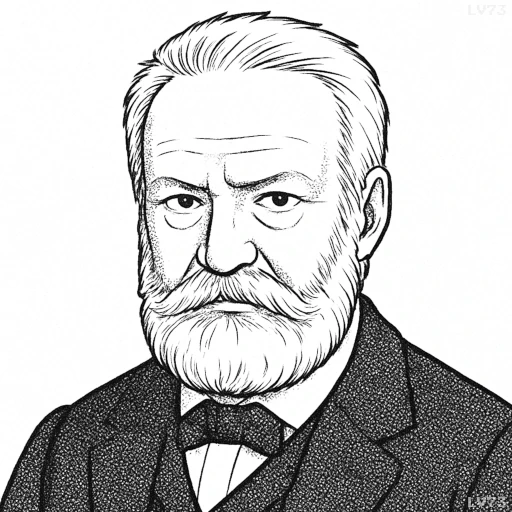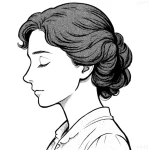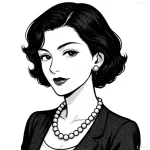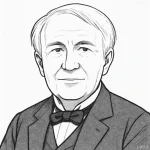“Forty is the old age of youth; fifty the youth of old age.”

- February 26, 1802 – May 22, 1885
- Born in France
- Author, poet, playwright
table of contents
Quote
“Forty is the old age of youth; fifty the youth of old age.”
Explanation
In this quote, Victor Hugo plays with the perception of age and the subjectivity of how we view different stages of life. He suggests that forty is often seen as the beginning of old age when it comes to youth, a point where society may start to expect a person to settle down or stop pursuing youthful adventures. Yet, Hugo paradoxically refers to fifty as the youth of old age, implying that as we reach our fifties, we can still experience the vigor and excitement of youth, but now with the wisdom and experience of older age. This reflects the idea that age is not purely a physical matter, but a state of mind, and that with age comes a new kind of vitality or potential for growth.
Hugo’s words encourage us to think of age as a continuum, where each stage brings its own unique opportunities for growth, renewal, and self-discovery. At fifty, a person may have the benefit of life experience, but still possess the energy and passion of a younger person, ready to embrace new possibilities. The quote reminds us that youth and old age are not absolute concepts, but rather fluid stages that can coexist and be redefined.
In modern terms, this quote challenges traditional views of aging. Instead of seeing forty as a threshold to decline, and fifty as a period of inevitable slowing down, Hugo’s words suggest that both can be times for new beginnings, renewed ambitions, and rediscovery of self. It’s a call to embrace the potential of all stages of life, understanding that both youth and old age have something valuable to offer.
Would you like to share your impressions or related stories about this quote in the comments section?




